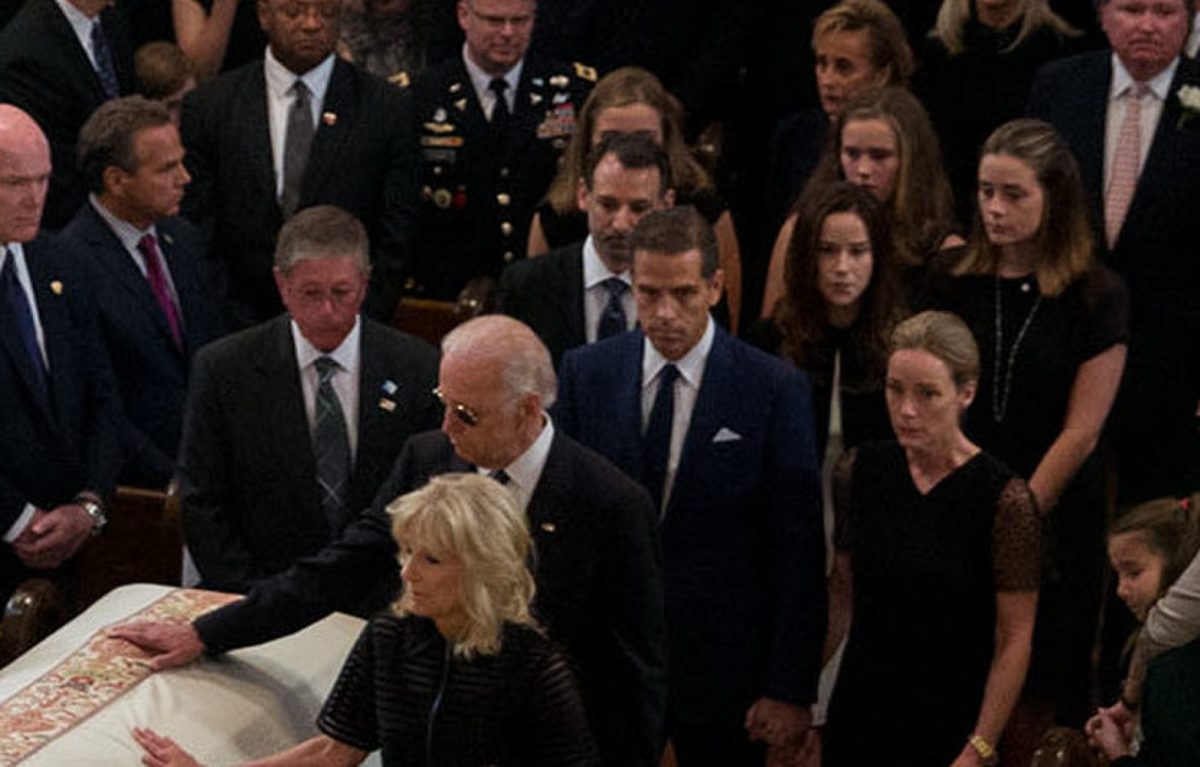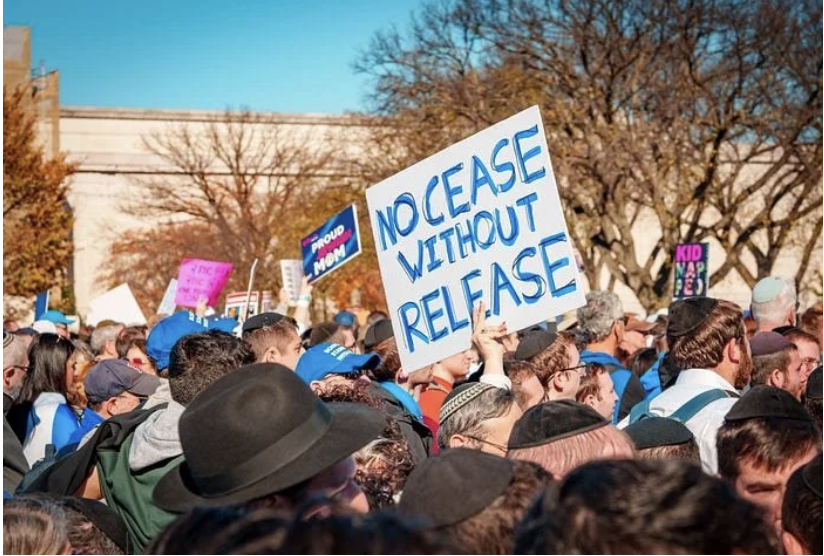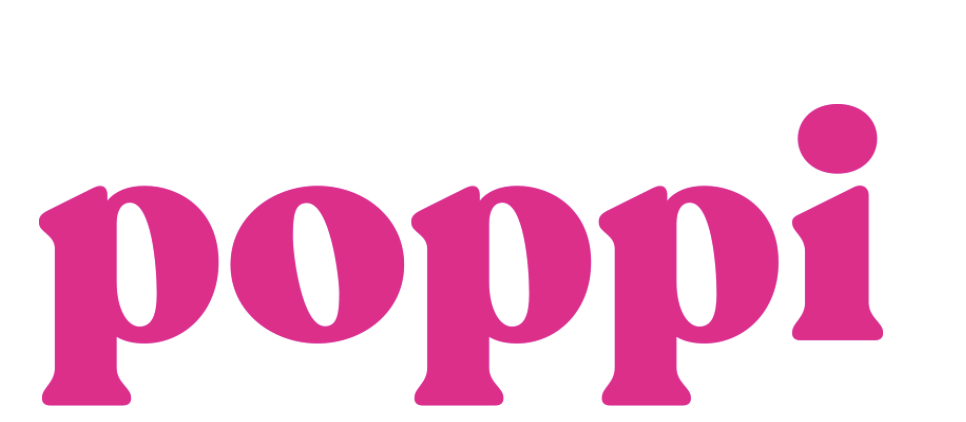In a move that has sparked intense debate across the nation, President Joe Biden recently issued a pardon for his son, Hunter Biden. The decision has drawn both criticism and support, highlighting the complexities of family ties, justice, and the presidency.
Hunter Biden has lately faced a number of legal challenges, including investigations into possible tax issues and violations of laws about gun possession. He was pardoned in a highly politicized climate, with many questioning the ethical implications of the president stepping into his son’s legal issue, especially since the President has always said that he could never imagine pardoning his son, according to Justice.
“I understand his reasons for doing so, but I don’t think that it’s a good precedent being set,” sophomore Alexandra Herrmann said. “While this case might have been warranted, I don’t really see how it would have any serious implications on those incarcerated for lesser reasons,”
Critics, including several Democratic legislators and political analysts, are equally concerned that this could have the effect of an abuse of power by the president. They further declare that a family member was being pardoned in this high-profile case, which could give the wrong impression among the general public when Hunter Biden is still going through a number of legal problems, especially on charges related to tax evasion and lying about drug use when purchasing a firearm, according to Brennan Center.
“I think it’s unfair especially to the rest of the people in jail for lesser crimes,” sophomore Amy Gonzales said. “I’m not sure of what he did but I assume he got a specific time sentence for a reason,”
In a statement, the White House defended the pardon, emphasizing the President’s belief in the principles of justice and fairness. However, political analysts suggest this move could have significant implications for President Biden’s legacy and the upcoming election year, according to White House.
“If anything, it may serve to further embolden future presidents to act even more unilaterally,” Herrmann said. “This sets a dangerous precedent, further empowering the executive at the expense of checks and balances.”





















